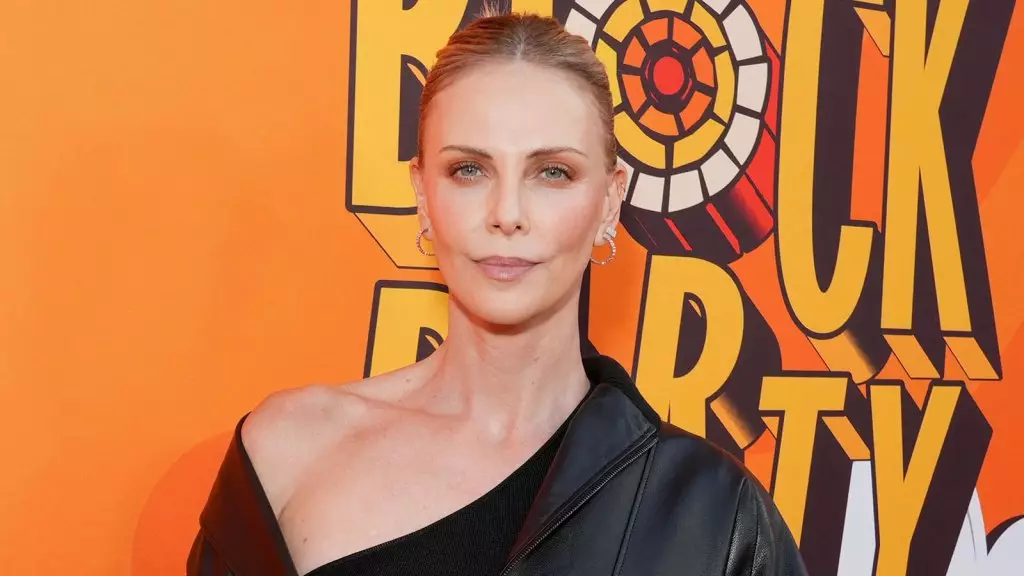Charlize Theron’s recounting of her painful experience with a predatory director underscores a broader issue plaguing Hollywood and beyond: the abuse of influence and power. While she chooses not to name her abuser, her decision to speak out publicly—albeit selectively—serves as a testament to her integrity and resilience. Her story reveals how systemic imbalance often silences victims, forcing them to navigate a treacherous landscape filled with intimidation, shame, and fear. Yet, Theron’s refusal to be silenced displays an empowering stance that advocates for accountability without sensationalism. Her silence is deliberate, rooted in a desire to prevent her story from being exploited for notoriety, and instead, it functions as a quiet yet powerful protest against exploitation in the entertainment industry.
Privacy Versus Justice: A Personal Battle
One of Theron’s most compelling points is her conscious choice to keep her abuser’s identity private. She emphasizes that her silence is not about shielding the perpetrator but about protecting her story from unnecessary sensationalism. This stance raises a critical question: how much should victims reveal about their assaults? Theron’s approach suggests that true justice isn’t necessarily about exposure for its own sake but about reclaiming personal agency and integrity. Her decision to remain silent demonstrates that speaking out requires tremendous courage, especially when societal systems are often slow or unwilling to hold abusers accountable. Her restraint also highlights her understanding that a victim’s power lies not only in disclosure but in controlling their narrative.
Power Dynamics and the Need for Cultural Shift
Theron’s story illuminates the dangerous and distorted power dynamics in industries driven by influence and creativity. It’s not just about individual predators but a culture that often enables or ignores misconduct until the victim speaks out. Her account exposes a superficial veneer of professionalism that can sometimes mask predatory behavior under the guise of industry norms. Her refusal to name the director, while frustrating to some, underscores that change isn’t driven solely by names and headlines but by fostering an environment where victims feel safe and supported. Hollywood, and all institutions with hierarchies, must rethink their cultures—transforming them into safe spaces that prioritize integrity over reputation.
Advocacy Through Silence and the Power of Personal Agency
Theron’s narrative also reveals the complex emotional landscape victims navigate—confusion, fear, denial, and finally, empowerment. Her choice to speak out now, indirectly, and her pride in knowing she’s not hiding, exemplifies how personal agency can be a form of resistance. Her acknowledgment that she knew she wouldn’t get the part that night, despite her audition efforts, points to a sobering realization: sometimes, rejection and abuse are rooted in favoritism or misconduct rather than talent. Her story embodies a broader call to action for industries and society to recognize the importance of listening to victims and creating avenues for justice that don’t compromise personal safety or dignity. It’s a reminder that true strength lies in standing tall against injustice, even when the fight is accompanied by silence and unseen battles.

